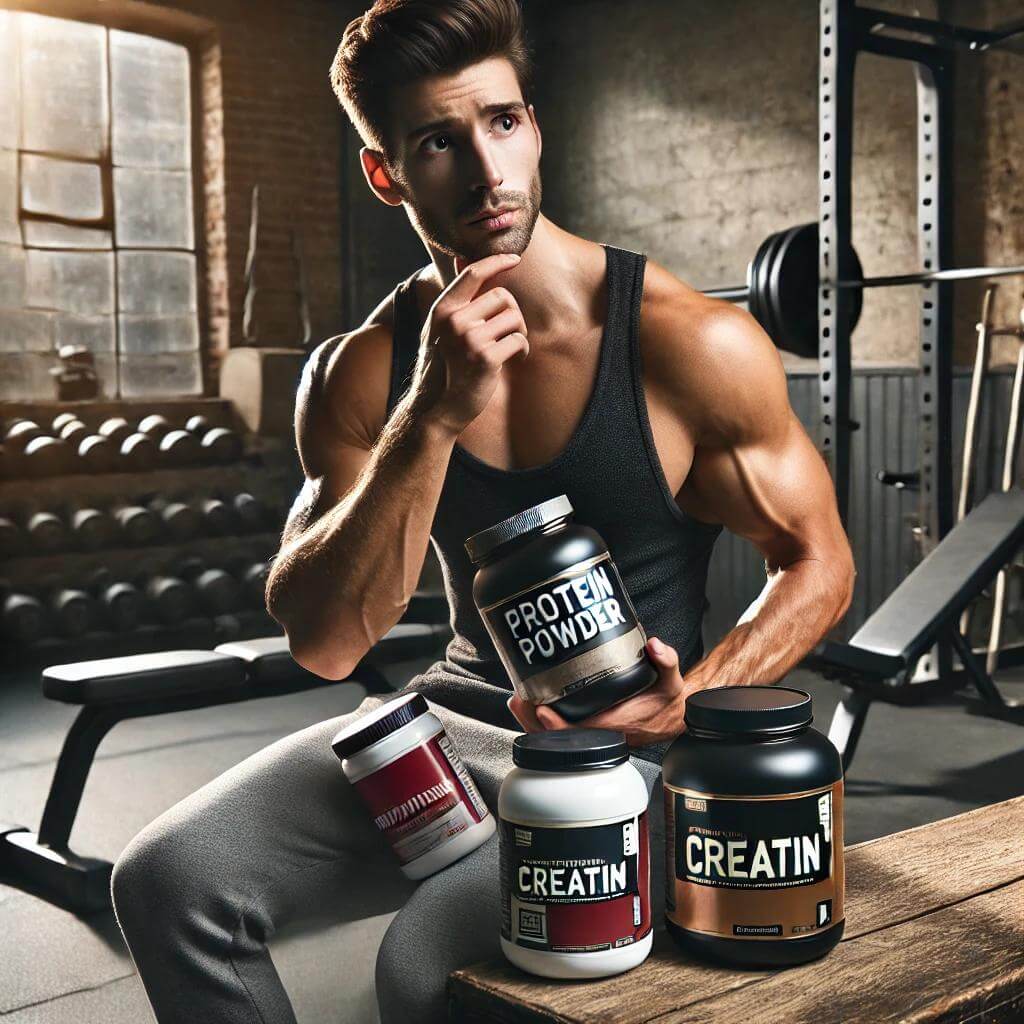Proteins After a Workout: Timing, Quantity, and Essential Foods
| Protein Source | Serving Size | Protein Content | Additional Benefits |
|---|---|---|---|
| Grilled Chicken Breast | 100 grams | 25 grams | Lean protein, low in fat |
| Eggs | 1 large egg | 6 grams | Complete protein, versatile |
| Greek Yogurt | 100 grams | 10 grams | High in probiotics, aids digestion |
| Salmon | 100 grams | 22 grams | Rich in omega-3, anti-inflammatory |
| Tuna | 100 grams | 25 grams | Low in fat, convenient |
| Cottage Cheese | 100 grams | 11 grams | High in casein, supports overnight recovery |
| Lean Beef | 100 grams | 26 grams | High in iron and B vitamins |
| Quinoa | 1 cup cooked | 8 grams | Complete protein, high in fiber |
| Lentils | 1 cup cooked | 18 grams | High in fiber, rich in iron |
| Chickpeas | 1 cup cooked | 15 grams | High in complex carbs, good for glycogen replenishment |
| Tofu | 100 grams | 10 grams | Versatile, low in calories, plant-based protein |
| Edamame | 100 grams | 11 grams | High in fiber, rich in micronutrients |
| Hemp Seeds | 3 tablespoons | 10 grams | Complete protein, rich in omega-3 fatty acids |
| Peanut Butter | 2 tablespoons | 8 grams | Convenient, high in healthy fats |
*Disclaimer: The information provided in this article is for educational and informational purposes only and should not be construed as health advice. The content is solely the personal opinion of the author and is not intended to be a substitute for professional medical advice, diagnosis, or treatment. Always seek the advice of your physician or other qualified health provider with any questions you may have regarding a medical condition or before starting any new diet or treatment. Read more




Post Comment